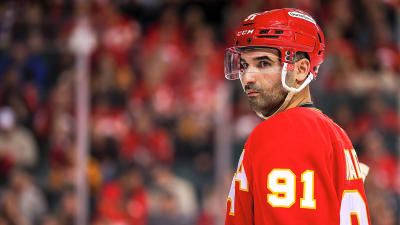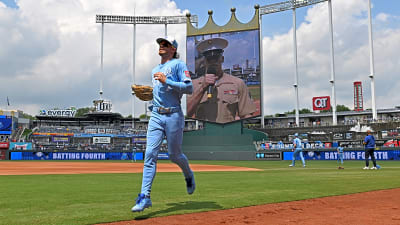
There have been many new and improving things that have gone on through the world of college football. NIL deals, playoff expansion, you name it.
But one that has been a constant bug of sorts for the sport has been injury faking.
However, it looks like that won't be much of an issue in the upcoming season.
Thursday morning, the NCAA announced a new rule change in the sport of College Football to try and avoid injury faking.
Starting in the 2025 season, if medical personnel are forced to enter the field of play to evaluate an injured player after the ball is spotted by the officiating crew, then the player's team will charged a timeout.
Furthermore, if a team does not possess any timeouts, a delay of game penalty will be assessed, and the team will be driven back five yards.
While injury faking has been an issue in the sport for quite some time, instances by both the Oklahoma Sooners and Ole Miss Rebels have brought the debate to new light, especially after Ole Miss running back Matt Jones hit the deck with an "injury" late in the Rebels' loss to the Kentucky Wildcats last season.
Blatant fake injury from Ole Miss vs. Kentucky
— On3 (@On3sports) September 28, 2024
(via @ESPN)pic.twitter.com/l09rrJ7cA1
Besides the camera angle that shows the blatant feigning, the fact that quarterback Jaxson Dart didn't quickly attend to his running back goes to show that this had to be staged.
And now, after many fans called for a penalty on the Ole Miss team, that might be just what they get in the 2025 season, if they don't have a timeout.
The section of the rule that states this is for after the ball is spotted by the officiating crew is a benefit for those players who are legitimately in need of medical attention, as most of the time their injury becomes apparent immediately following a play.
Only time will tell how this will combat the issue, and whether teams will attempt to find loopholes or not, but starting out with this rule is definitely not a bad idea on the side of the NCAA.
More must-reads:
- Five predictions for Big Ten football in 2025 season
- New Auburn QB Jackson Arnold dishes on Oklahoma Sooners
- The 'MLB Home Run Derby champions' quiz
Breaking News
Trending News
Customize Your Newsletter
 +
+
Get the latest news and rumors, customized to your favorite sports and teams. Emailed daily. Always free!








